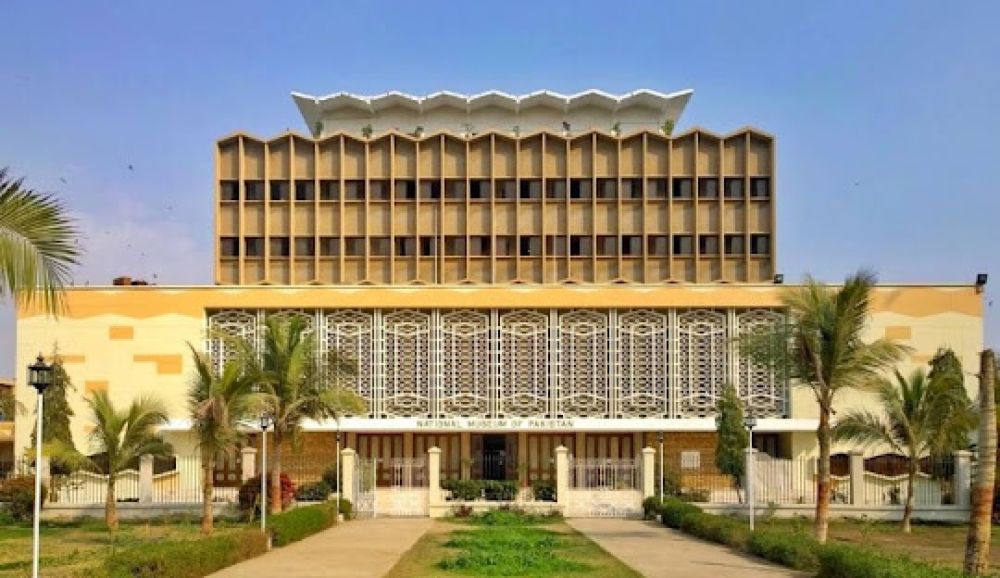

The National Museum of Pakistan is located in the bustling city of Karachi, which is the most populous city in Pakistan and an important economic hub. Established on April 17, 1950, the National Museum took over the collection from the Victoria Museum (now Quaid-e-Azam House Museum) and has been a custodian of Pakistan's cultural heritage ever since. The museum’s extensive collection boasts over 58,000 old coins (some dating back to 74 Al-Hijra), hundreds of well-preserved sculptures, as well as other artifacts from the Indus Valley civilization and Islamic art.
The history of tourism in Pakistan is as rich and diverse as its landscapes. With ancient civilizations such as the Indus Valley and Gandhara, the region that is now Pakistan has long been a destination for scholars and adventurers alike. Early tourism was driven by the allure of the Silk Road and the cultural exchange it facilitated. Post-independence in 1947, Pakistan began to establish itself as a destination for tourists interested in its history, culture, and stunning natural beauty.
Today, tourism in Pakistan has expanded beyond its historical and cultural sites. Although locations like the National Museum of Pakistan continue to attract history enthusiasts, the country's mountainous northern regions and beaches in the south have also gained recognition. Adventure tourism has become increasingly popular, with Pakistan offering some of the best mountain trekking, rock climbing, and whitewater rafting experiences in the world.
In recent years, eco-tourism and sustainable tourism practices are gaining momentum in Pakistan. Eco-friendly lodges and community-based tourism initiatives are on the rise, providing travellers with immersive experiences while promoting conservation and socio-economic benefits to the local communities.
Moreover, there has been a surge in digital influence on tourism, with more people relying on online resources to plan their visits. Social media platforms have also become instrumental in spotlighting lesser-known destinations and in influencing travel decisions.
When in Karachi, a visit to the National Museum of Pakistan is a must for any tourist. The museum offers a journey through the country's rich tapestry of history encompassing the times from prehistoric civilizations to modern-day Pakistan. It is home to rare artifacts, including an impressive Quran Gallery which showcases a collection of Quranic manuscripts that chronicle the history of Islam in the region. With regular exhibitions and events, the National Museum continues to play a vital role in the preservation and education of Pakistan’s heritage.
Before planning a visit, tourists should check the museum's official website or contact local tourism offices for the latest information on hours of operation and any travel advisories. Foreign visitors are encouraged to respect local customs and dress modestly when visiting cultural sites.
Karachi, with its vibrant urban culture, delectable cuisine, and historical significance, continues to be a cornerstone of Pakistan's tourism. The National Museum of Pakistan stands as an emblem of the nation's enduring legacy, inviting travellers from all over the world to explore its rich heritage.